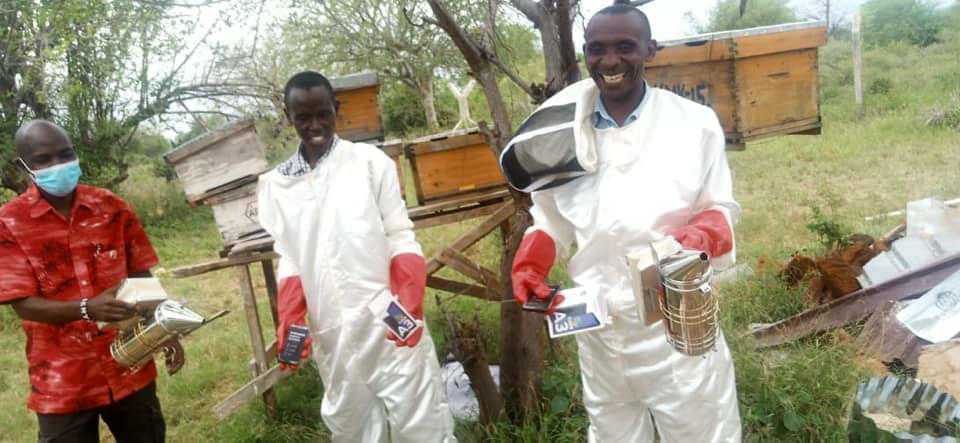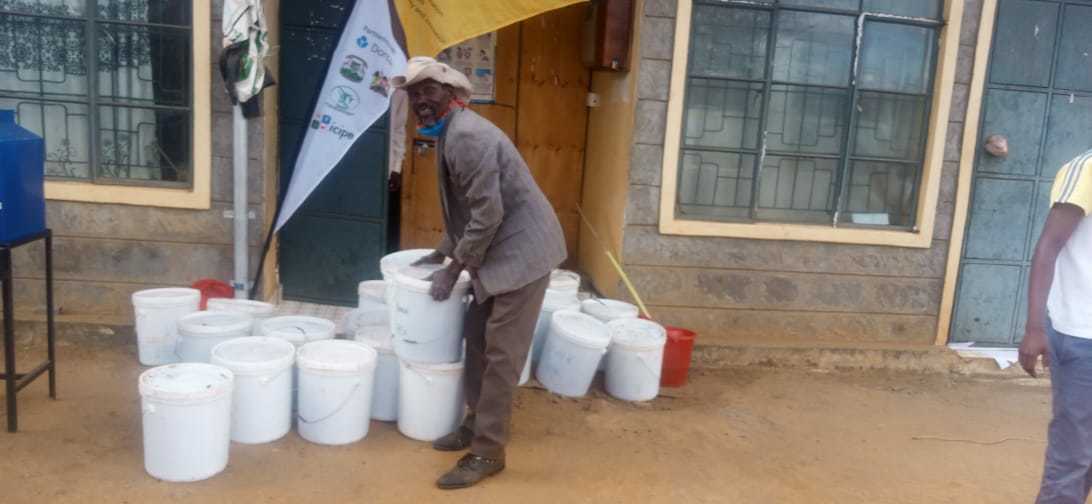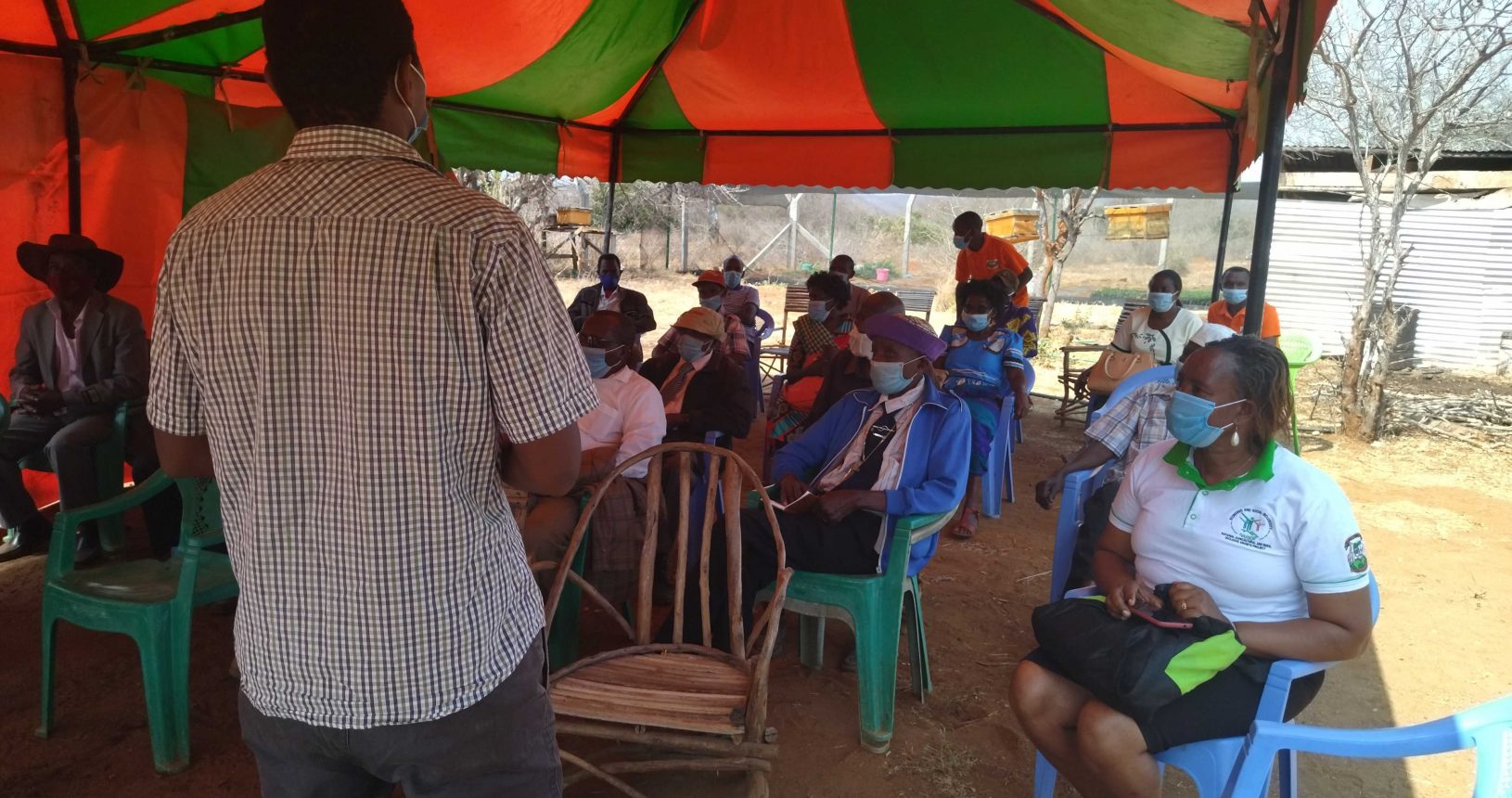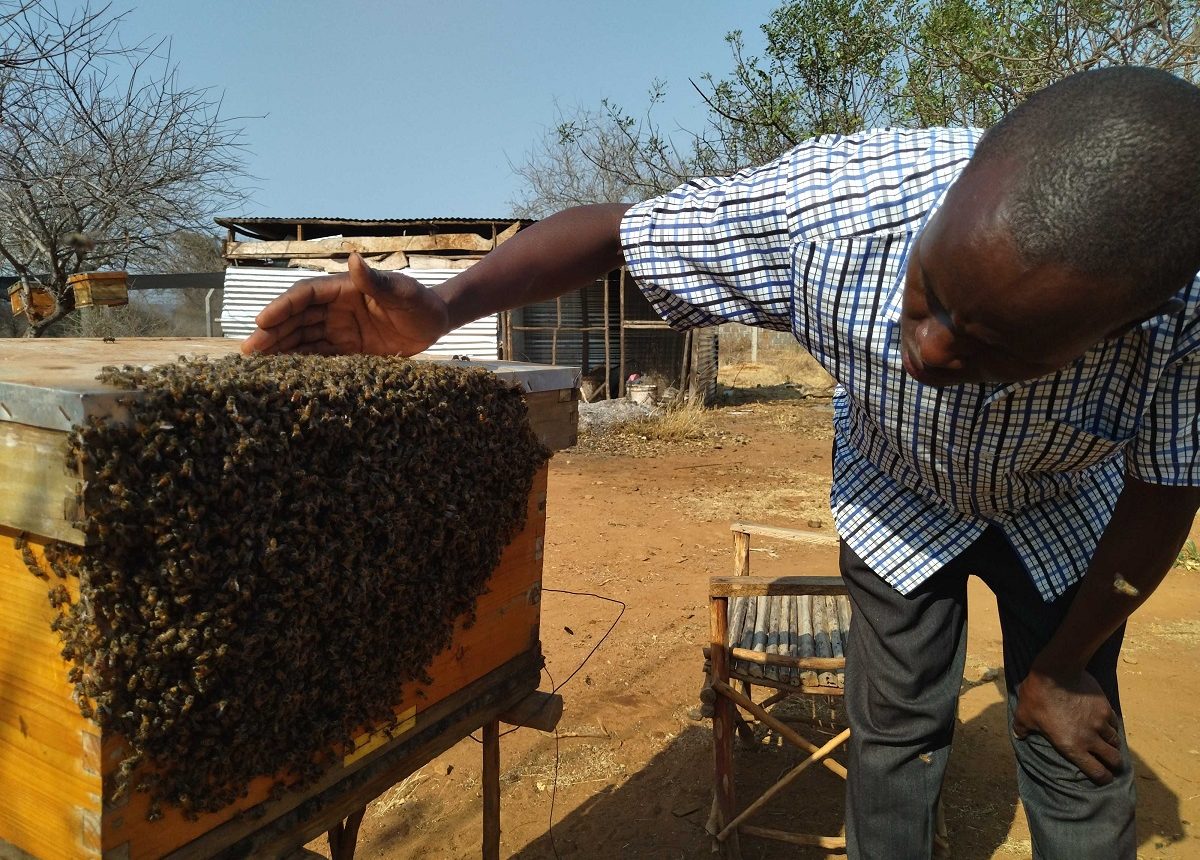
History
Initially, it started as an interdenominational pastoral ministry in February 2008 which targeted the twelve different denominations within the five locations of Ikutha and Athi wards with the aim of equipping pastors to spread gospel using a Holistic approach and also increase relationship and cohesion among the various denominations. They formed a CBO known as Muangeni Rural Development Programme under which Ikutha General Ministry IGM which was registered as a pastor’s project. The CBO got support from Dorcas Relief and Development on capacity building, distribution of bicycles to enhance movements, trainings amongst the pastors.
In September 2009, the IGM project committee developed a proposal to Dorcas Relief and Development for an Agriculture and Food Security Project. The donor funded the proposal for five years from 2008 to 2014. The activities carried out during this project included were distribution of drought tolerant food crops ie green grams sorghum and cowpeas, horticultural activities along Rivers Tiva and Athi (drip irrigation, greenhouses ,furrow irrigation, kitchen gardens), apiculture, goat keeping, poultry keeping, agro forestry, water structures (water pans, shallow wells and sub-surface dams)HIV/AIDS awareness campaigns, cooperative and marketing.
During the five years project phase, members were getting trainings on cooperative and marketing from District cooperative office. In January 2013 started to register with the cooperative society with a registration fee of Ksh 50. In September 2013 with the support of Dorcas Aid and District Cooperative Officer members formed the now KAMAKI Farmers Cooperative. The name derived from the five locations that the project covered namely, Kalivu ( KA), Maluma (M), Athi (A), Kasaala (K), Ikutha (I) of Ikutha and Athi wards. An interim committee was elected to manage the formed cooperative affairs.
The Muangeni Agriculture and Food Security Project was extended to mainstream a Drought Risk Reduction component to December 2016 when it phased out. From September 2013 to Dec 2016 the cooperative was in the forming stage. Members revised registration fee from Ksh. 50 to Ksh 1000 as per the constitution. In February 2017 kamaki continued to mobilize and sensitize farmers to increase shares to enable the cooperative manage the financial obligations.
In January 2018, KAMAKI tried to enter in honey value chain and purchased 1100kg of crude honey. In February 2018 KAMAKI again ventured into green gram business and collected 8663 Kgs. N26 being 5488 kgs and KS20 being 3175kgs with the support of Dorcas Aid IGA money generated on loaned agriculture practices. In June 2018 KAMAKI in partnership with the county Government of Kitui aggregated 7207kgs of green grams N26 which was sold to primax agencies at a price of ksh 58 per kg.

Years of
experience
D In November 2018 KAMAKI in partnership with DORCAS AID initiated a honey value chain pilot project which lasted for five months until March 2019. Currently, KAMAKI has 10 farmer field schools each with 45 trained members, two lead farmers and one para vet who are trained as their TOT in Apiculture. Each farmer field school acts as an aggregation centre to its members.
During the Dec – March 2019 season KAMAKI managed to purchase 1300 Kgs of crude honey which is currently under processing, packaging and marketing. Also, in the pilot project kamaki purchased a semi- automated honey processing equipment with Doracs Aid Support and qualified for KEBS certification. Currently KAMAKI has 278 registered members and 3000 targeted out growers with approximately 17000 bee hives..





